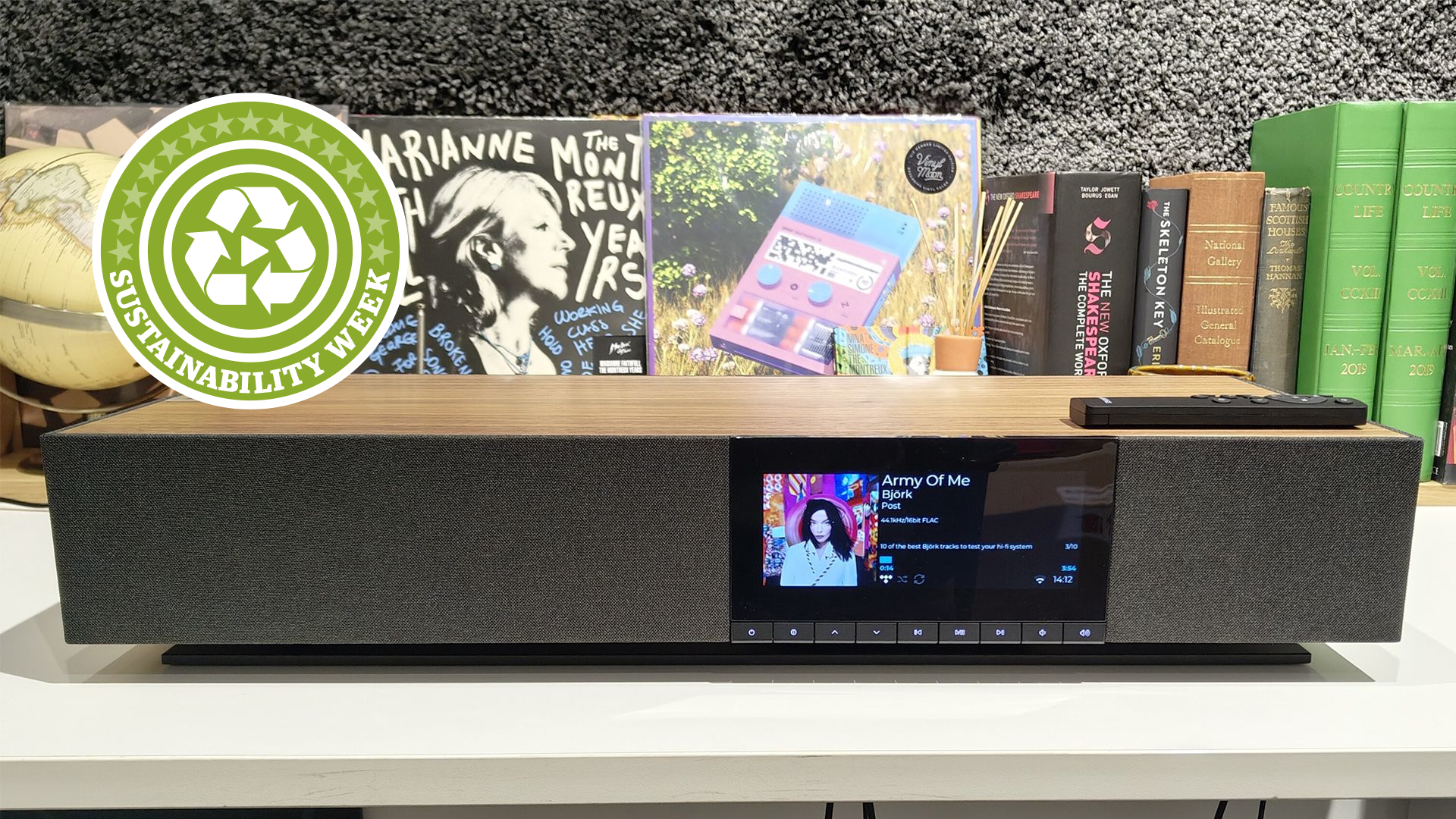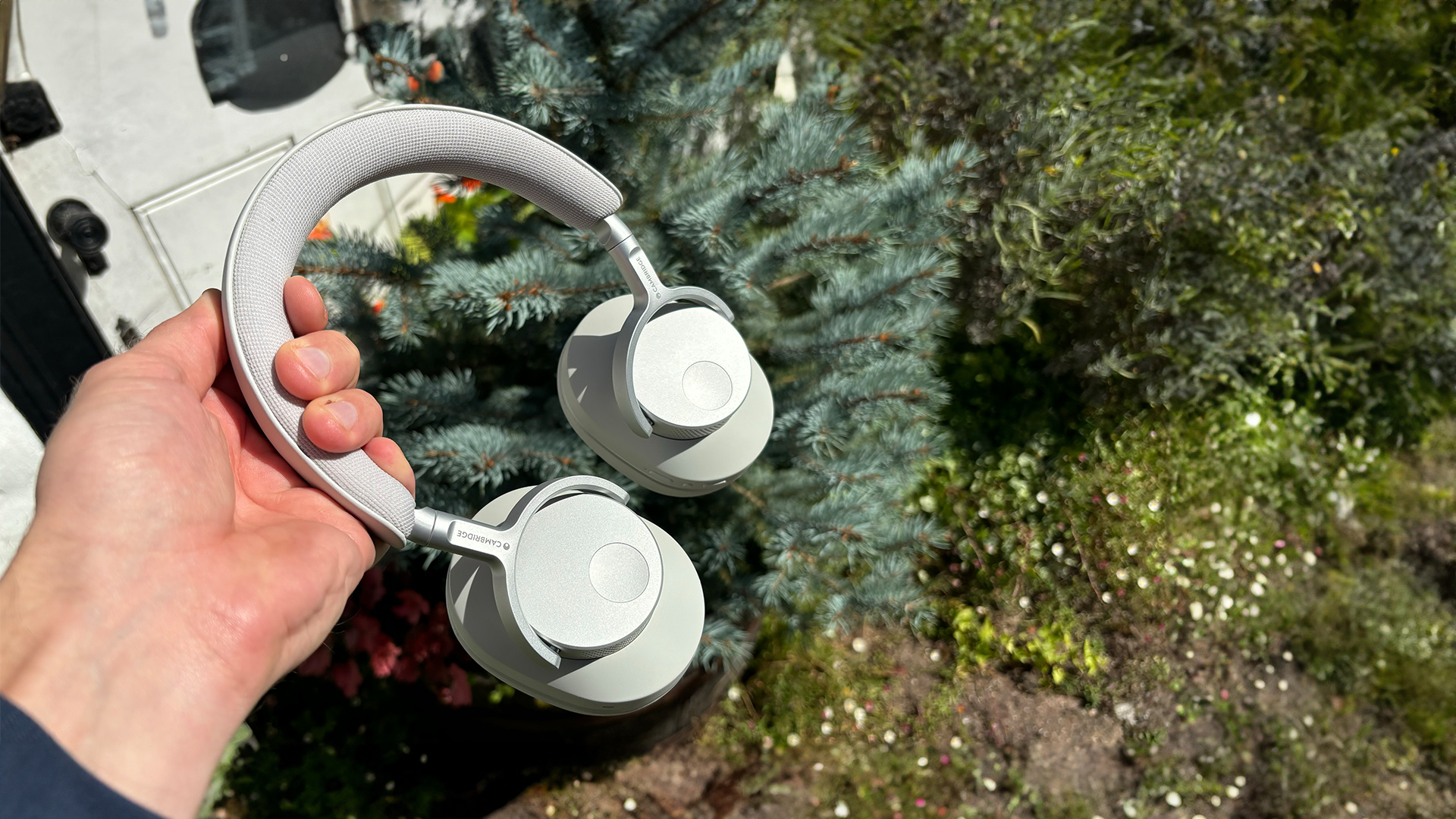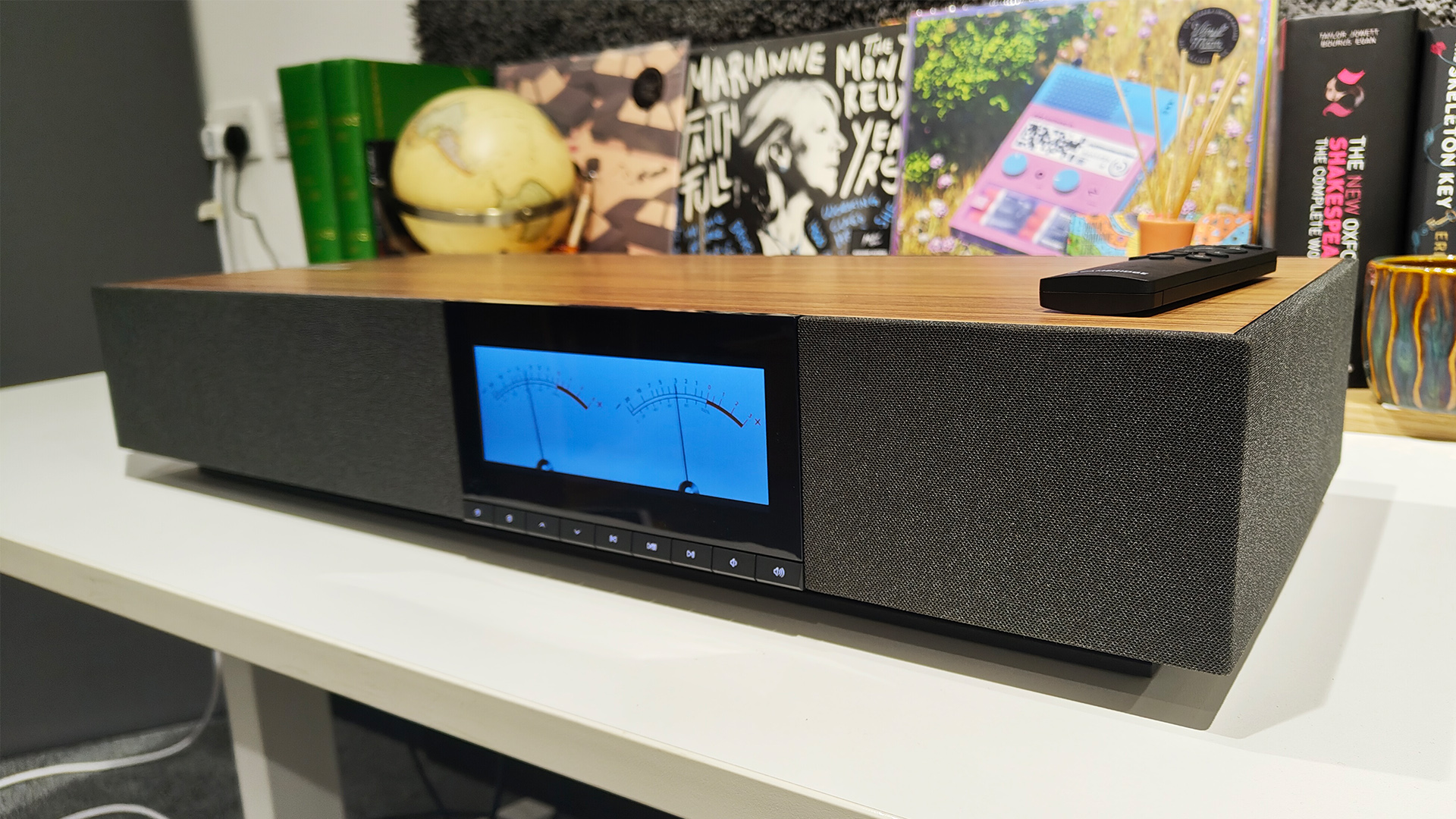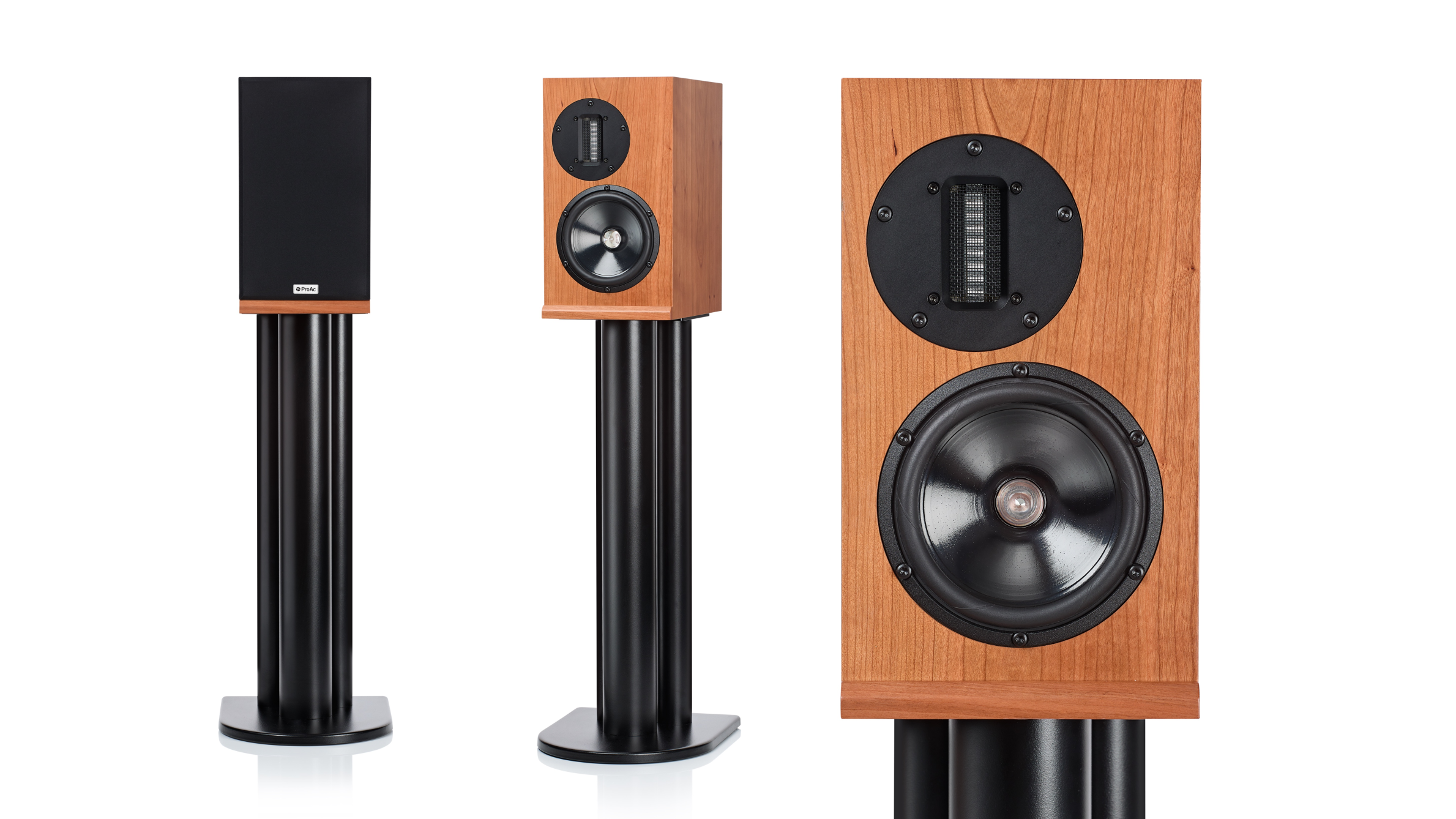‘Great sound shouldn’t cost us the planet’ – how Cambridge Audio wants to make hi-fi green
We asked numerous British hi-fi heavyweights what they’re doing around sustainability. Cambridge Audio was one of the very few with answers

The latest hi-fi, home cinema and tech news, reviews, buying advice and deals, direct to your inbox.
You are now subscribed
Your newsletter sign-up was successful
Hi-fi and sustainability aren’t the first things you think of as natural partners.
Audiophiles, in particular, often have an overt focus on sound quality above all else and are willing to pay astronomical amounts of money for Temptation level hardware full of precious, not always sustainably sourced, materials to get it.
But, as we know from the latest UK government poll data, young people do give a monkeys about what happens to, well, the monkeys and our planet in general.
Which is one reason why the What Hi-Fi? team took a step outside its comfort zone and is running a special Sustainability Week event.
As part of this I drew the British hi-fi straw and was tasked with doing a call round to some of the big names in audio to see what efforts the companies are making to protect the planet.
Cambridge Audio CTO, Matthew Dore, was one of the first to get back to me and give a proper update on the firm's sustainability efforts. Here’s what he told me.
It’s all about longevity
The latest hi-fi, home cinema and tech news, reviews, buying advice and deals, direct to your inbox.

Starting off, Dore is bullish when asked if the company and its customers care about the impact hi-fi has on the environment telling me: “Yes [they care], as evidenced in a survey of our customers, where 67% ranked sustainability as important to their product purchases.”
He then adds that this is a key reason the firm is taking proactive steps to use more sustainable materials and sign up to schemes that help reduce our impact on the environment.
These include phasing out single-use plastic, especially with packaging, and incorporating recycled materials, such as FSC-certified wood and neodymium into its products.
Both measures have already been key tenets of recent Cambridge products' designs including the Melomania M100, Melomania P100 and Evo One system, which all passed through our listening rooms recently.
The firm is also one of the founding donors of EarthPercent, a music-industry charity led by Brian Eno, Coldplay and Billie Eilish, designed to help fund “meaningful climate initiatives”.
Despite these efforts, at a consumer level Dore argues the main thing Cambridge Audio is focussed on is building products that can last a lifetime.
"Sustainability and longevity work hand in hand – we aim not just to make products that are up to our high sustainability standards, but that will last beyond expectations and satisfy listeners for many years without replacement. Great sound shouldn’t cost us the planet,” he tells us.
But there are challenges

According to Dore, despite the firm’s focus on using sustainably sourced materials where possible, there are implications for product’s cost and performance that also need to be considered in order for it to remain competitive.
“As with many things in the world of audio products, the biggest challenge is getting the balance right. We have a strong supply base and sourcing sustainable materials is generally not an issue for us – however, they are more expensive,” he says.
He adds that the use of “pure” recycled materials can also impact their longevity as some parts are not robust enough to meet Cambridge’s standards.
“One challenging area that we don’t often see mentioned is the performance of sustainable materials. We are focused on the longevity of our products, and through extensive testing we have found that some recycled materials are not as robust,” he says.
“In some areas where we have intended to use 100 per cent recycled materials, we have had to move to a 50:50 mix to pass our stringent lifetime testing. The same is true for our packaging. While we aim to be 100 per cent plastic-free, and have achieved this with our current headphones, we have had to include some PPE foam in heavier products’ packaging to pass our drop and vibration tests.”
On the question of repairability, Dore confirms that Cambridge Audio does design its products to be serviceable, but he falls short of confirming if the firm plans to sign up to key schemes including the right to repair, or Cradle-to-Cradle targeted by a limited number of Bang & Olufsen products.
Either way, the moves are undeniably welcome and we’ll hopefully hear more audio firms reporting similar initiatives soon.
Until then, make sure to get involved with the conversation and tell us if you factor sustainability into your hi-fi purchases, for a chance to be included in our special edition Ask The Reader column at the end of the week.
MORE:
These are the best wireless headphones we’ve reviewed
Our picks of the best music streamers
We rate the best hi-fi systems

Alastair is What Hi-Fi?’s editor in chief. He has well over a decade’s experience as a journalist working in both B2C and B2B press. During this time he’s covered everything from the launch of the first Amazon Echo to government cyber security policy. Prior to joining What Hi-Fi? he served as Trusted Reviews’ editor-in-chief. Outside of tech, he has a Masters from King’s College London in Ethics and the Philosophy of Religion, is an enthusiastic, but untalented, guitar player and runs a webcomic in his spare time.
You must confirm your public display name before commenting
Please logout and then login again, you will then be prompted to enter your display name.
